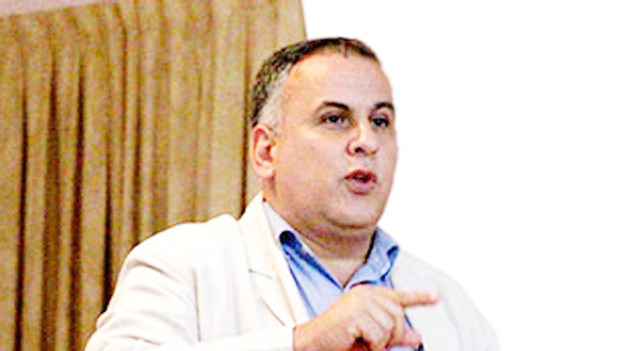HAVANA, (Reuters) – Cubans are preparing for a new wave of inflation after the government last week rolled out details of an austerity plan that economists say will touch nearly every facet of the communist-run island’s already flailing economy.
The measures – which include price and tax increases and cuts in subsidies – will slow a soaring budget deficit forecast to exceed 18% of gross domestic product and set the stage for growth, according to Prime Minister Manuel Marrero.
Authorities have already announced gas at the pump will jump nearly five-fold on Feb. 1. But some economists say less visible government price increases such as on wholesale fuel and moving freight, as well as sales and import taxes, are sure to ignite substantial hikes on most products and services at the retail level.
“In economics, such prices are not increased in one area without affecting others,” Cuban economist Omar Everleny said in an interview in Havana. “And in general they are passed on to consumers. I think they will increase 400% to 500%.”
Reuters spoke with several Cubans in Havana who said prices were already rising following the announcements and in anticipation of the price hikes – and were set to soar further in the coming weeks.
Luis Moreno, who has worked for 14 years as a taxi driver in Havana, said he has no choice but to keep hiking his fares.
“If you raise prices on one thing, it’s bound to affect another,” he said. “It’s not just fuel, it’s food… Everything is very expensive.”
Inflation was 30% last year, cooling slightly from 38% in 2022, according to the government. Many economists say those rates fall short of reality as the government does not adequately monitor a booming informal market pegged to an informal exchange rate much higher than the official one.
Government officials have announced wholesale fuel prices will double next month, freight transportation will jump between 40% and 60% in March and for the private sector import duties will increase five-fold. Private companies will also be charged a new 10% sales tax on wholesale transactions.
Some Cuban economists say reducing the deficit and subsidies is essential.
“I think that the adjustment of prices … are necessary measures to rein in the fiscal deficit,” said economist Pavel Vidal, a former Cuban central bank employee who currently teaches in Colombia.
But most economists, including Vidal, say it is also necessary to further open the economy – now dominated by state-owned enterprises – to private business and investment to boost production and the tax base, while also reforming state enterprises.
“Nowhere do I see emphasis dedicated to increasing manufacturing, or increasing agriculture,” Everleny said.
The new measures are a ticking “inflation bomb,” said Havana University economist and small business owner Oscar Fernandez in a Facebook post, calling on the government to loosen regulations on the private sector and close bankrupt state companies that weigh on the economy.





